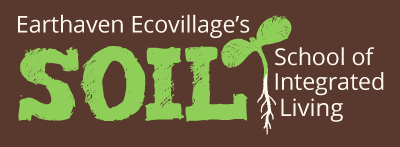A Permaculture Take On The Virus
How might a permaculturist view the COVID-19 pandemic?
As the COVID-19 crisis continues to unfold, many of us are eager to glean meaning arising from witnessing this complex phenomenon. As anxiety mounts, noticeable attitudes of death-negativity and reductionist virus-as-enemy thinking are activated in the cultural narrative. Fear has a way of mobilizing latent and unexamined stories and ideas to surface.
At the same time, as many of our thought leaders are urging us, the epidemic is an opportune moment to practice the kind of integrated thinking skills we so deeply need to live into a new story, and a regenerative future. Even recently, it may have been unthinkable to see some of the powerful old systems at play thrown into question, and into crisis. As these wavering powers are called into re-evaluation, we can ask ourselves these questions: What needs composting? How can we respond to this crisis in a way that can bring change and healing to our communities and our world?
Today on the blog we feature the voice of SOIL co-founder and instructor Lee Warren in a frank discussion about illness and death. While some may find Lee’s take controversial, we feel that the questions and provocations she offers could radically alter how we relate to the pandemic. It is wise to seek perspectives from the edges and margins at such a time as this. We think Lee’s words are well worth your consideration!
“For a very long time I have said that if a deadly epidemic comes through, I will be on the short list. Life-long struggles with chronic illness and a weakened immune system leave me spending most of my time working to afford health care or engaging in the self care required to keep myself functioning. I am one of those people who has been ill so long that I’m severely limited in my daily choices. My body vigilance has made me very well aware of my own vulnerability and even more grateful for the modern conveniences of comfort, housing, temperature control, alternative medicine, and the myriad other safety nets that keep me alive.
In the past, both distant and even as recent as a hundred years, I would have been culled from the herd much earlier than my current 50+ years.
When I think about the coronavirus pandemic, I wonder about it from nature’s perspective. Nature has always purged. In fact, the predator/prey system employed throughout much of the natural world is a built-in culling mechanism, as is fire, flood, and other natural disasters. Nature uses purging as a way to take out the weak (and those who are in the wrong place at the wrong time), with the long-term result being a stronger environment or population or both.
These days of isolation leave me playing with ideas that go beyond the in-the-moment crisis.
- What if we could understand and accept this virus as a natural part of the cycles we are indelibly connected to?
- What if we’ve damaged our ecosystems to the point that we can no longer easily fight off some viruses because of the planet’s damaged immune systems (and therefore ours)?
- What if, in general, we could see the dying process, not as a failure, but as a gift?
It’s not hard to argue that the human community could use a purge. Because of overpopulation, disconnection from nature, and unjust social systems, our species has wrought more destruction to the natural world over the past 100 years than much of anything that has come before. In fact, the damage humans have done has led to such an extreme decrease in the Earth’s biodiversity, that many scientists are calling our time a “biotic crisis” or mass extinction event. Very little about this worldwide destruction has gotten our attention until this recent pandemic.
As native peoples have been telling us for eons, when we destroy the planet, we destroy ourselves. Humans are inseparable from the natural world yet we’ve long ignored this wisdom. It’s an ongoing mystery how humans think they can irrevocably damage the forests (lungs of the planet), oceans (blood of the planet), soil (body of the planet), and still somehow thrive.
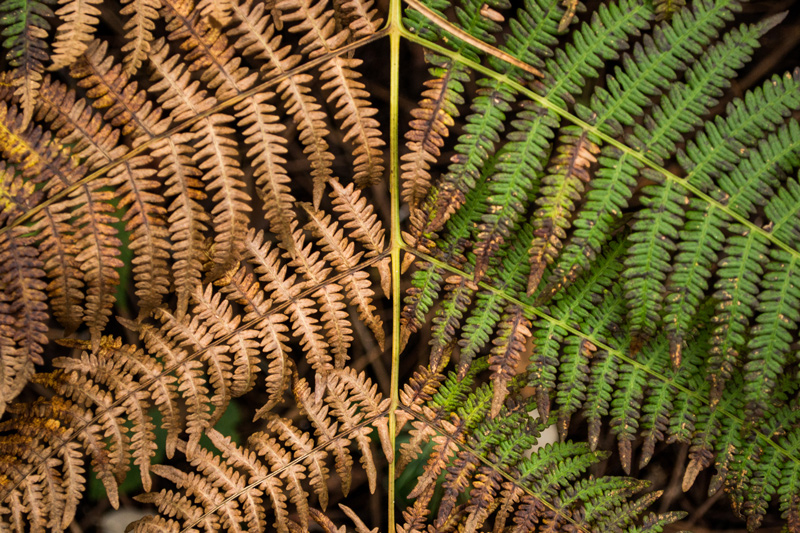
Maybe it’s due to the fact that we’ve had a very long run at keeping most people alive. Due to antibiotics, powerful diagnostic technologies, and a plethora of life sustaining systems, we keep all kinds of humans alive that in the past would have perished—significantly pre-term babies, the elderly, the chronically ill, and even those who have had severe accidents. Experimenting with these techniques has been miraculous and wonderful and has alleviated much grief and suffering. We have been able to keep death at bay in ways that would have been hard to imagine even fifty years ago. However, maybe that’s been a short term gain.
I’m not suggesting we shouldn’t have saved all those lives from modern medicine. Nor am I suggesting that we should put ourselves at risk during this pandemic situation or that any of us should choose who lives or dies. I believe we should listen to the recommendations of the authorities and stay distanced in order to protect ourselves and others. I believe we should use all of the technologies at our disposal to treat ourselves.
Yet amidst all the media hype about the virus pandemic it seems that the attitude of “this can be avoided” assumes that somehow humans can and should be exempt from the forces of nature. I wonder, is it because of our disconnection to nature or our arrogance towards nature that we think we are immune from our own species’ calamities? Do we imagine ourselves controlling nature to the point that we can escape all harm at all times?
Many people are finding peace in this stressful time through their religious or spiritual practices. The questions listed above and the mystery they inspire in me are part of that practice. They are deeply embedded into my intention to honor the “more than human world” and to stay connected to the extremely sacred life-dealth-life process, which honors the natural cycles in our bodies and in nature.
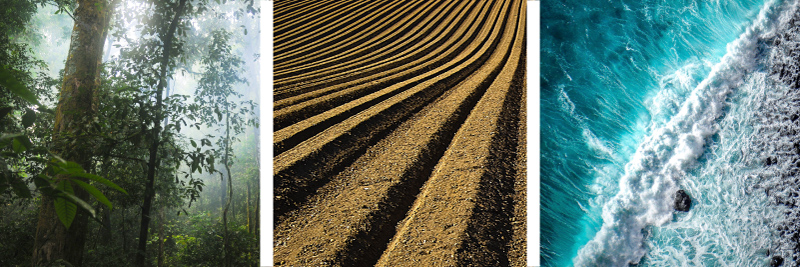
I recently held an “End of Life Paperwork” workshop, which I do several times a year. It happened at a beautifully apropos time because many participants were concerned about the potential dangers of the coronavirus pandemic. I shared with the participants what my mentors have shared with me, “When it’s your time, it’s your time. When that time comes, can you have as integrated and powerfully engaged death as is possible?”
As both a passionate advocate for end of life empowerment and conscious dying, as well as an immuno-compromised human, I hold some hope that we can see this time as a sacred opportunity even in the face of possible illness or death. I believe, as complex and heartful beings, we can hold two seemingly divergent ideas at the same time—the desire and will to be healthy and alive as well as the idea that death could be near at any time.
In addition, the practice of permaculture, nature reverence, and land-based living has given me the great gift of trusting deep time and the elegantly integrated cycles of nature. Using these practices during this time of worldwide crisis has allowed me some solace in the face of the unknown.”
Relevant articles Lee recommends:
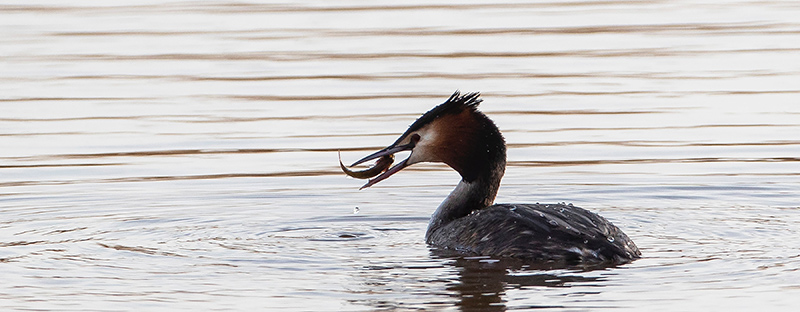
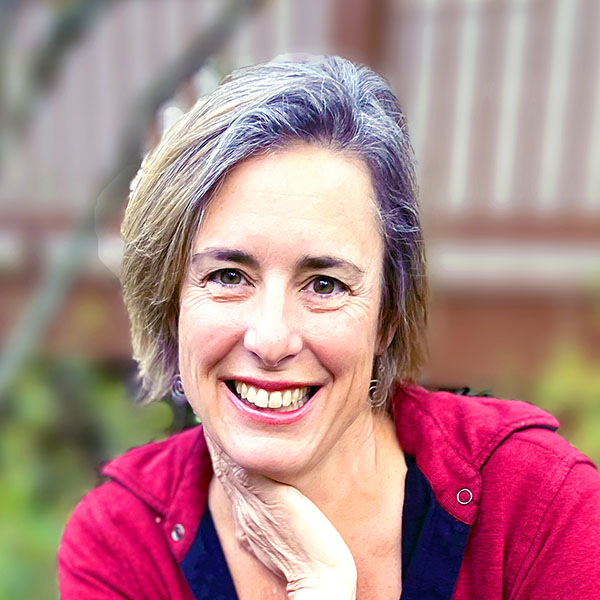
Lee Warren
Faculty and SOIL Co-Founder
Lee is a sustainability professional with twenty five years of experience envisioning, designing, and living innovative solutions to organic food systems, intentional community, and sustainability education. She’s been living in rural, land-based community since 1995 and at Earthaven Ecovillage since 2000.
